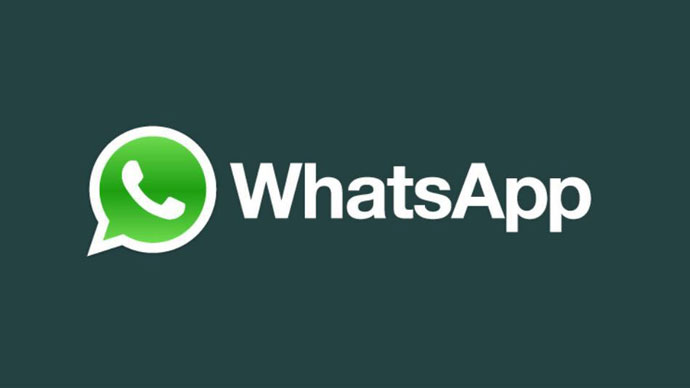Did WhatsApp Sell Too Soon?
In its priciest acquisition since Instagram, Facebook purchased the messaging application WhatsApp last week at a cost of $19 billion in cash and stock. Not a bad price tag for a company of 52 people that was rumored to only sell for $1-$2 billion just 14 months ago, according to Forbes. But was it too soon for WhatsApp to sell out?
Sure, a $17 billion value increase in a period of just over a year is nothing to shake a stick at. With 450 million registered users to Facebook’s existing 1.2 billion users, WhatsApp was only generating $50 million in yearly revenue before its purchase. The company would have had to increase its profits more than a hundred times to match the valuation, but many agree founders Brian Acton and Jam Koum chose their exit strategy wisely.
However, if WhatsApp was able to get a $17 billion valuation increase in 14 months time, who’s to say that price wouldn’t continue to climb over the course of another 14 months. Unfortunately for Acton and Koum, any future value the app garners will primarily fall into Facebook’s coffers, not their own.
Many compare WhatsApp to Line, a messaging service that offers free voice calling in addition to text messaging. Line might seek an IPO this year at a value of $30 billion, according to Forbes. That’s 33 percent more than Facebook paid for WhatsApp. Line only has about 300 million registered users (primarily in Japan), a third less than WhatsApp.
WeChat is another competitor in the field that offers a similar messaging service with over 400 million users (mostly in China), according to the Huffington Post. Both WeChat and Line have proven to be much more valuable in terms of their ability to monetize their platforms, even with a smaller number of users.
That begs the argument that if WhatsApp had continued to expand upon its platform and optimize its e-commerce potential, it would have put itself in a position to significantly increase its price tag. With multiple competitors in the marketplace showing signs of serious growth, WhatsApp had plenty of room to expand and profit over the next few years.
Acton and Koum will still have a hand in the WhatsApp basket with their Facebook shares, but the destiny of their brainchild is now out of their control. That destiny is still unknown, despite Zuckerberg’s intentions to let the app operate independently from Facebook.
The social media giant has become renown for its conglomerate-like tactics of assimilating new purchases into the Facebook platform. However, the 2012 purchase of Instagram has shown a change in tactics, wherein Facebook has learned not to stamp its logo over every successful service it purchases. With higher user engagement than Facebook itself, perhaps Zuckerberg will give WhatsApp room to grow on its own.
In the meantime, Acton and Koum are now members of the billionaire’s club and have the rest of their lives to wonder if they sold too soon.
































